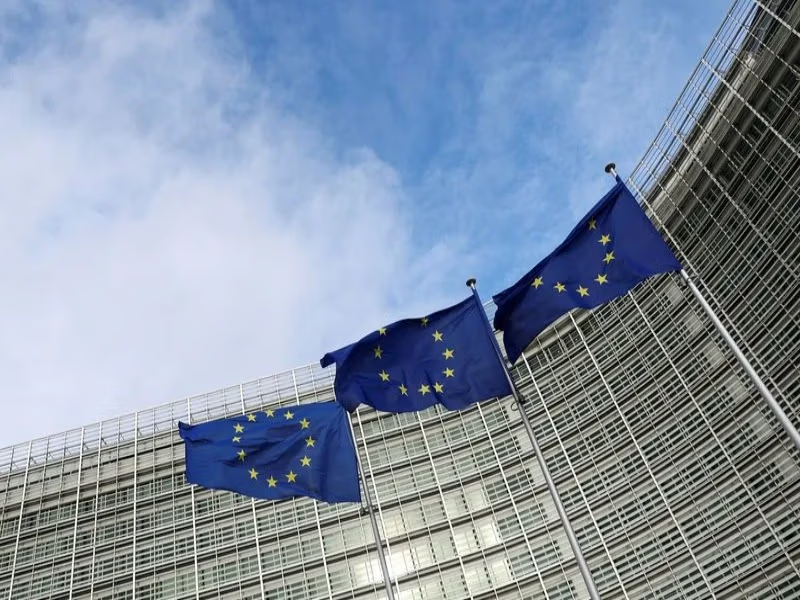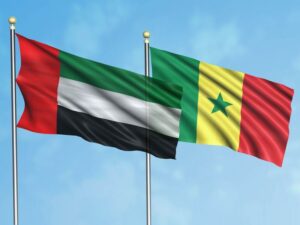In its effort to combat climate change, a draft EU document revealed that the European Union will redouble efforts to reform the global development banks to do more, a move that has cast Brussels in conflict with the U.S. in the run-up to World Bank and IMF meetings this month.
The World Bank Group and the International Monetary Fund are gearing up towards their yearly meetings in Washington with the background of aid reductions and climate change scepticism by U.S. President Donald Trump.
U.S. Treasury Secretary Scott Bessent remarked in April that the institutions needed to be able to concentrate on their core functions, and they were spending excessive time and resources on matters such as climate change.
According to Reuters, draft conclusions of a meeting of EU finance ministers on Friday indicated that the EU would reaffirm its support of the work of development banks to help tackle climate change and urge reforms to open more of this funding.
The draft stated that the EU “calls on all shareholders to support the necessary strengthening of the MDBs (multilateral development banks) to deliver at scale and to align with the Paris Agreement objectives for accelerating the implementation of global climate action.”
The World Bank and the IMF have the United States as the largest shareholder. The members of the EU, such as Germany and France, have fewer voting powers in the institutions.
The EU document that may still be revised before its acceptance by the ministers indicated that the bloc supported the reforms to de-risk the projects, provide local currency funding, as well as make credit risk information more visible in order to release larger private investments.
It recommended that multilateral development banks must gradually eliminate their financing of fossil fuels, “comprehensively report on the efforts and progress in this context.”
The World Bank and other MDBs have started to implement reforms in the last few years, and will potentially become more accessible in terms of funding or assume more risk associated with climate change.
The countries that are susceptible to extreme weather, like Barbados, have been at the forefront in advocating reforms to help the developing nations deal with high debt levels, climate change, and slow growth.
It has been encouraged by campaigners that the World Bank continue along this course before its annual meeting on 13-18 October, even as the U.S. under Trump is pulling out of international action to combat climate change.
Even the European lending arm, which is also the lending arm of Europe, in the meantime, has taken the issue of climate change as its main priority and plans to invest more in climate change adaptation by 30 billion euros by the year 2030.






